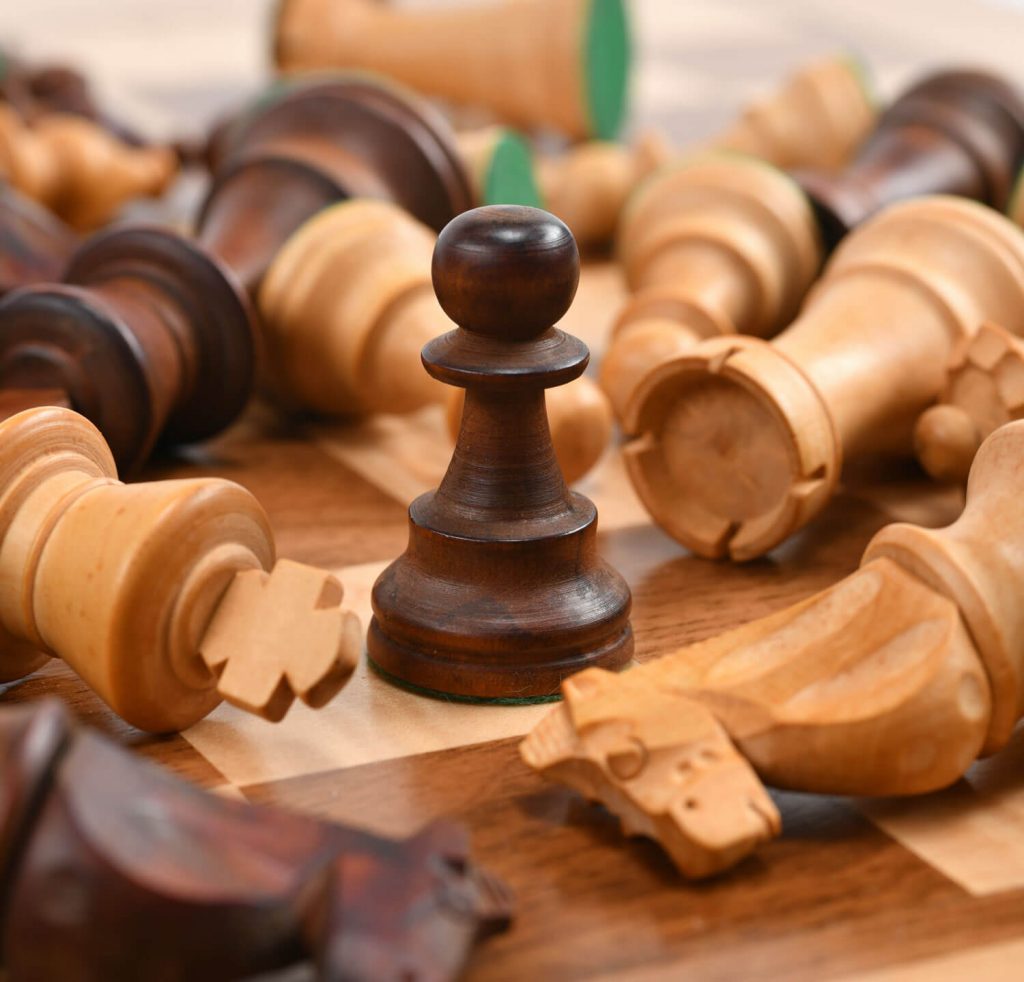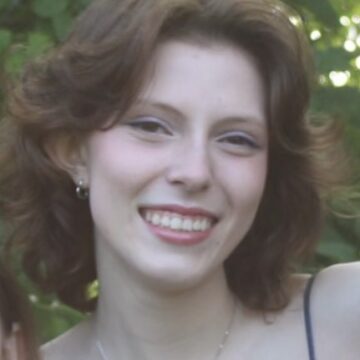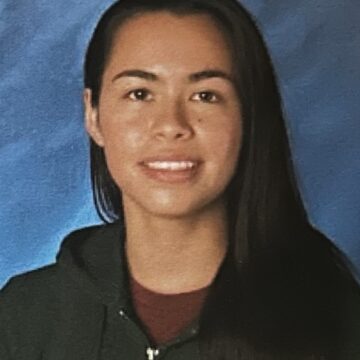
By Dante
No, Dante. Stop, think, and look at the entire board.
I was thoroughly confused. I thought I had procured the complete solution to this elaborate chess puzzle. What am I missing? A knight fork, a bishop move? Am I in check? After a quick glance at the left side of the board, I slapped my hand on my head as I suddenly realized what my chess coach was telling me. My queen was sitting unused, positioned all the way on the other side of the board, and I had no idea. If I were to sacrifice my queen, the opposing rook would be forced to capture it, allowing me to finish the game in style with the illustrious “smothered mate.”
If you begin to look at the whole chessboard, then these puzzles will become a breeze for you.
Ever since that chess lesson, those words have stuck. Indeed, my chess skills improved swiftly as my rating flew over the 1000 Elo threshold in a matter of months. However, those words did not merely pertain to chess. Looking at the whole picture became a foundational skill that I have utilized throughout my life in school and other endeavors. I particularly remember making use of it on the soccer field.
Now, I’m no Arnold Schwarzenegger. Weighing in at a monstrous 125 pounds and standing 5 foot 8 inches, my opponents made it a habit to tackle me to the ground. Once again, I found myself face to face with the defender, and before I knew it, I crumbled to the ground, left isolated and dispossessed. Laying dazed on the pitch, my mind flashed back to the chessboard. It occurred to me that soccer, much like chess, relies on the proper position of the many pieces that combine to create a finished strategy. The “whole picture” of soccer is not just how fast or strong one is or how many tackles you put in; that is only one element of the puzzle. The intelligence and creativity needed in a playmaker is also an essential part of a well-rounded soccer team. I realized that my most significant advantage would always be my in-depth understanding of the game of soccer—where to pass the ball, when to make a run, if the ball should be in the air or driven. I picked myself off the ground, and when that same defender came barreling towards me again, I was zoned in, oblivious to the noise around me. I chipped the ball into the open space right behind him, knowing my teammate would run into the space without even looking. From then on, I continued to hone my skills through intense practice to become the best playmaker I could be, working in conjunction with my faster and stronger teammates to become a well-balanced, unified team.
Through chess and soccer, I have discovered that every piece in a puzzle has a purpose. This new perspective has enhanced my ability to stop, stand back, and analyze the whole picture in the many dimensions of my life. In my scientific studies, it was not enough to examine just one C. reinhardtii cell, but it was necessary to zoom out the microscope to capture all of the thousand cells to truly understand quorum sensing and its consequences. In my studies of music, it was not enough to listen to the melody of the finale of Beethoven’s 9th symphony, but one must realize that the true beauty of the composition lies in the whole orchestra handing off this simple melody to every instrument. All these facets—music, research, soccer, chess—are not only completed puzzles but also parts of a greater whole: my life. Every aspect of myself matters as much as the other. As high school comes to an end, the pieces on my board are set, and I only have success in mind.
Your move.
Admissions Committee Comments
Dante’s essay makes it clear to the reader that he is very curious and has many interests by showing more than telling. He thoughtfully connects the lessons he’s learned from chess to his performance on the soccer field and does a great job of focusing on what he learned as opposed to a blow-by-blow recount of the entire chess match or soccer game. The reader is also able to see that Dante can apply what he learns in one subject to another, which is essential to succeeding academically at Hopkins. Our admissions committee can read this essay and find clear evidence that Dante’s way of thinking would help him thrive in our interdisciplinary curriculum.
Dante, Melbourne, Florida“Throughout the college application process, the “whole picture” was always an emphasis point. I took that advice a bit literally. I [used the essay] as a way to tie everything together in my application, giving everything a more meaningful purpose than just a list of extracurriculars. I wanted the committee to know that I didn’t do everything just to fill up a resume, instead I wanted to show them that everything I did had a meaning and was done with total focus and effort in order to better myself.”





